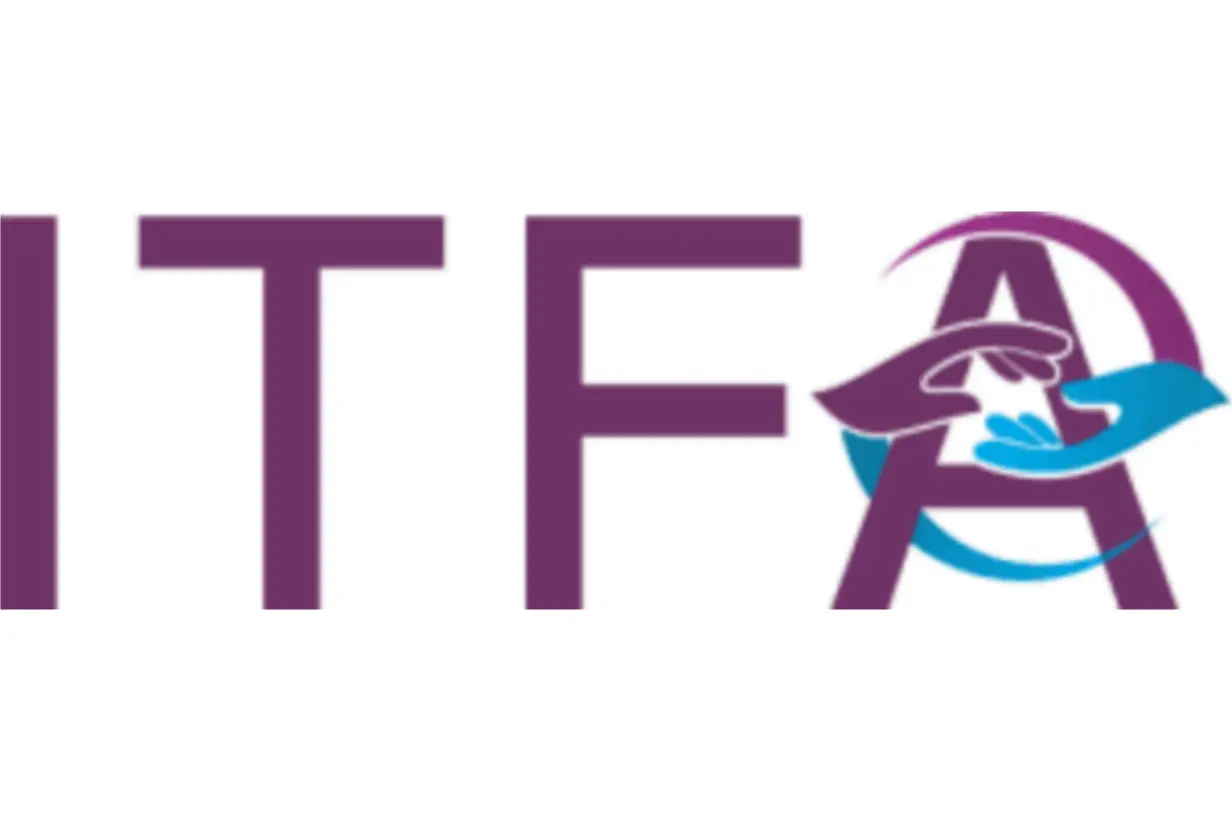The International Trade Facilitators Association (ITFA) has trained more than 500 non-governmental organisations and Micro, Small and Medium Enterprises (MSMEs) on sustainable trade transformation in Nigeria.
The training was carried out under ITFA’s flagship initiative, “Support to Potential and Established Nature-Positive Micro, Small and Medium Enterprises in Nigeria (SPENM).”
The programme was funded by the United Nations Development Programme (UNDP) with support from the Global Environment Facility’s Small Grants Programme (GEF-SGP).
Mr Collins Ezeiruaku, Trade Ambassador at ITFA, described the initiative as a strategic intersection of commerce and conservation.
“We are empowering organisations to operate ethically, source responsibly and build resilience beyond catalytic funding,” he said.
He explained that more than 470 institutions including civil society groups and community-based organisations were targeted, with many now commercialising nature-positive projects.
“The SPENM project is more than a capacity-building exercise, it is a blueprint for post-grant sustainability, ethical sourcing and environmental stewardship. By equipping grassroots organisations with tools for traceability, financial management and market access, ITFA is positioning local enterprises to thrive beyond donor dependency and compete in global value-chains,” he added.
Ezeiruaku stressed that the resources provided through GEF-SGP are not just instructional, but transformational.
According to him, they are blueprints for sustainable impact in Nigeria’s evolving trade landscape and for building capacity in global competitiveness.
Mrs Okiemute Olori, a coach and consultant on the SPENM project, emphasised the importance of future-proofing local enterprises.
“We are helping MSMEs think globally to get certified, build credibility and compete effectively in international markets,” she said.
Dr Abel Owotemu, Technical Adviser to ITFA, led a session on integrating sustainability into business strategy using the Business/Mission Model Canvas.
He explained that the approach focused on the triple bottom line of “People, Planet and Profits.”
Owotemu said the aim was to guide MSMEs away from profit-only or NGO-only models, towards impact-driven strategies that make a real difference in society.
Mrs Ibironke Olubamise, National Coordinator of the UNDP GEF-SGP, described SPENM as a catalyst for long-term transformation.
She said GEF is more than a funding mechanism, but an investment in local capacity, institutional integration and revenue-generating models.
“We are laying the groundwork for environmental and economic resilience that endures beyond the life of any single project. This initiative signals a new era for Nigeria’s MSME ecosystem, one where sustainability is not a side note, but a strategic imperative,” she explained.
“For global agencies seeking scalable models of inclusive green growth, SPENM offers a compelling case study on how trade, training and transformation can converge to build a better future,” she said.

